Welcome to a fascinating journey through Halloween and bank holidays. In this blog, we’ll dive into the question “Is Halloween a Bank Holiday” and explore its origins, legal status, and influence on your festivities. For more enchanting insights, explore Personalized Gifts.
Contents
Understanding Bank Holidays
Bank holidays in the United States hold unique characteristics that differentiate them from regular holidays. These designated days often feature historical, cultural, or commemorative themes. So, what precisely defines a bank holiday?
- What Defines a Bank Holiday?
Bank holidays are those designated days when financial institutions, government offices, and some businesses shut down. These special days are not just ordinary holidays; they’re distinct in that they lead to the closure of banks and related institutions. But what sets them apart?
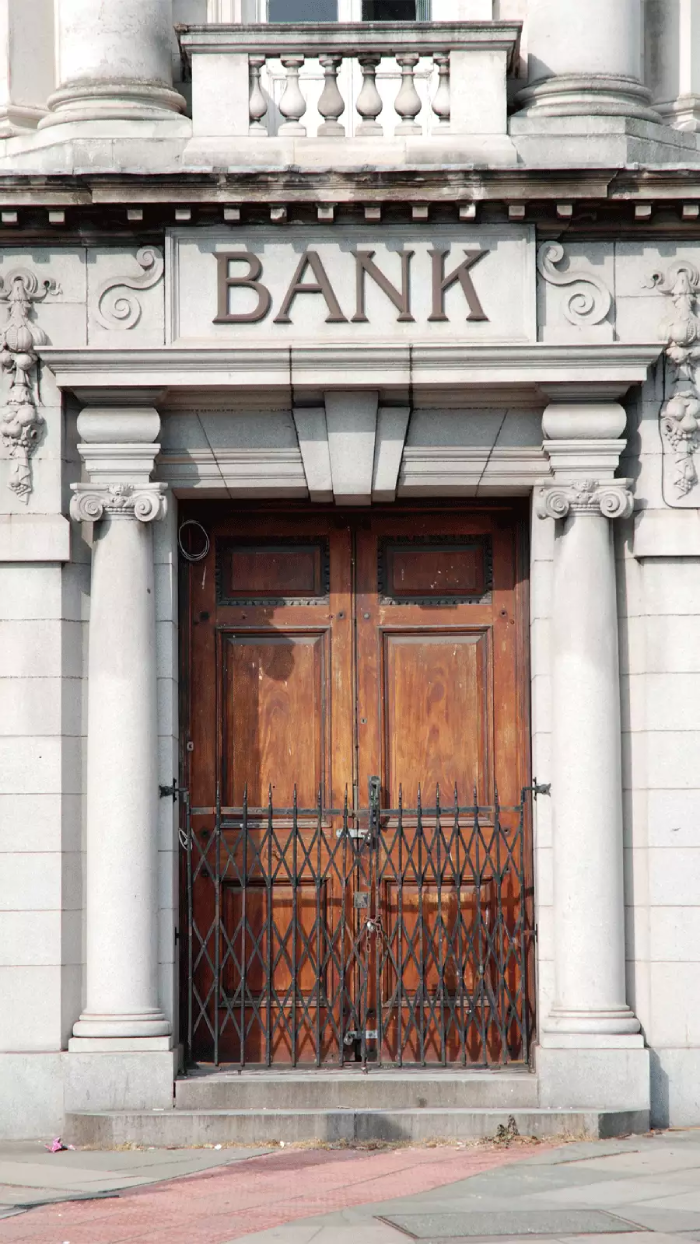
A bank holiday serves several purposes, one of which is to provide a day of respite and relaxation for the workforce and citizens. It’s a day when many people have time off to commemorate and enjoy special occasions, making them a significant part of the American calendar.
- Common Bank Holidays in the United States
The United States has a roster of common bank holidays that have become deeply ingrained in the country’s culture. These holidays often carry unique customs and traditions associated with them, shaping the way Americans celebrate throughout the year.

Thanksgiving, celebrated on the fourth Thursday in November, is a time for family gatherings and expressing gratitude. Independence Day, observed on July 4th, is known for fireworks, parades, and patriotic displays. Labor Day, celebrated on the first Monday in September, marks the unofficial end of summer with picnics and outdoor activities.
These holidays have a profound impact on daily life, influencing how people organize their schedules, travel plans, and family get-togethers. They have given rise to a variety of customs, from turkey feasts on Thanksgiving to firework displays on the Fourth of July.
Unveiling the Truth: “Is Halloween a Bank Holiday?”
Investigate the official status, legal perspectives, and historical evolution of Halloween as a potential bank holiday, shedding light on the complexities surrounding this spooky celebration.
- Official Status of Halloween as a Bank Holiday
The answer is quite straightforward: Halloween is not recognized as a federal bank holiday in the United States. Bank holidays, such as Independence Day or Thanksgiving, are established by the federal government and come with specific legal implications.
Halloween, on the other hand, is celebrated as a cultural and seasonal event rather than a designated holiday where businesses and government offices shut down.
- Legal Perspectives on Halloween’s Bank Holiday Status
While Halloween may not be an official bank holiday, it does raise intriguing legal questions. Is Halloween a bank holiday? Legal experts have explored the festival’s impact on public safety, property rights, and freedom of expression.
For instance, the safety of trick-or-treaters and the responsibility of parents and guardians during Halloween festivities are often discussed.
Additionally, issues related to property boundaries and the decoration of homes are subjects of legal concern. Furthermore, the choice of Halloween costumes and their potential to infringe on freedom of expression rights has been a point of interest.
The Enchanting Origins of Halloween
Dive deep into the historical roots, Celtic traditions, and cultural significance of Halloween, uncovering the rich tapestry of traditions that have made this holiday enchanting.
- Tracing Halloween’s Historical Roots and Celtic Traditions
Is Halloween a bank holiday? Halloween, at its core, is an amalgamation of ancient traditions and beliefs. The Celts, who lived over 2,000 years ago, celebrated Samhain on the night of October 31st, marking the end of the harvest season and the beginning of winter. They believed that this night held a mystical connection to the spirit world, allowing spirits to roam the earth.
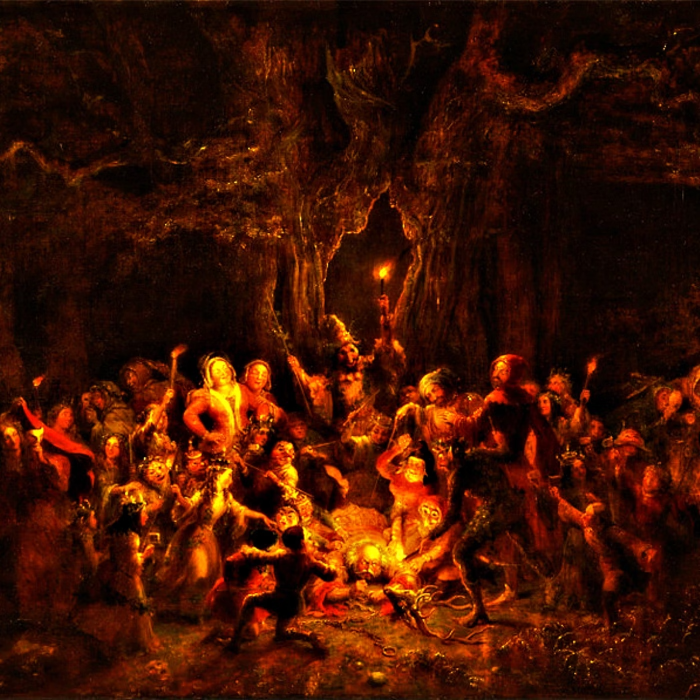
The Celts would light bonfires and wear costumes to ward off these roaming spirits, a practice that laid the foundation for the cool Halloween costumes we wear today. Understanding this connection between ancient Celtic traditions and modern Halloween celebrations provides a profound appreciation for the holiday’s rich history.
- Halloween’s Evolution and Cultural Significance
Halloween, as we celebrate it today, has evolved significantly from its Celtic roots. European immigrants brought their customs to the United States, mingling with indigenous practices. It was in the U.S. that Halloween took shape, raising the question: Is Halloween a bank holiday?
One of the most iconic elements of Halloween, carving pumpkins into Jack-O’-Lanterns, has its origins in an Irish folktale about a man named Stingy Jack. The tradition of trick-or-treating has roots in medieval customs where the poor would go door to door seeking food in exchange for prayers for the dead. As time went on, these customs blended and became the Halloween celebration we recognize today.
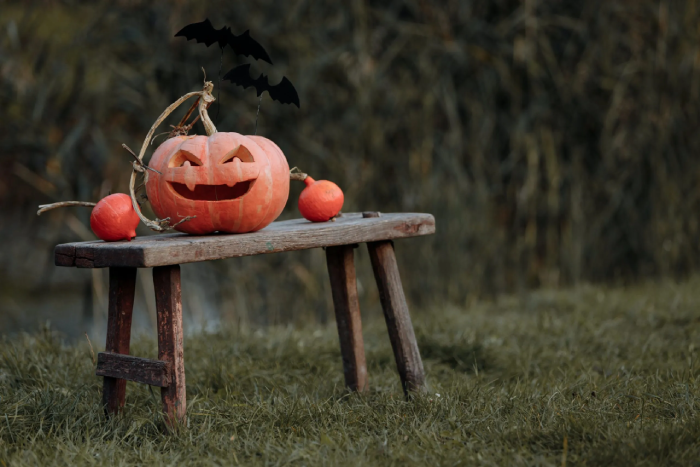
Halloween holds significant cultural and social significance in American society. People look forward to this holiday as a time to unleash their creativity through costumes, decorations, and spooky storytelling. It’s a holiday that transcends generations, as both children and adults take part in its festivities.
- The Connection Between Halloween’s Origins and Modern Celebrations
Unraveling the connection between Halloween’s ancient origins and the modern celebrations is an essential part of understanding the holiday’s enchanting appeal. While the customs and practices have evolved over centuries, there remains a thread of curiosity about “Is Halloween a bank holiday”.
This connection manifests in our continued love for spooky stories, costumes, and embracing the mysterious and eerie. Halloween’s rich history is a testament to the enduring power of ancient traditions and the human fascination with the supernatural.
How Halloween’s Bank Holiday Status Affects Your Celebrations
Examine the potential impact of Halloween becoming a bank holiday, including business closures, service disruptions, and the creative opportunities it presents for celebrations.
- Is Halloween a Bank Holiday: Business Closures and Service Disruptions
The prospect of Halloween becoming a bank holiday raises intriguing questions about its impact on businesses and services. In a world where many sectors operate around the clock, what would it mean for restaurants, retail, and other service industries? While some may welcome the increased customer flow during the holiday, others might have to deal with staffing and operational challenges.
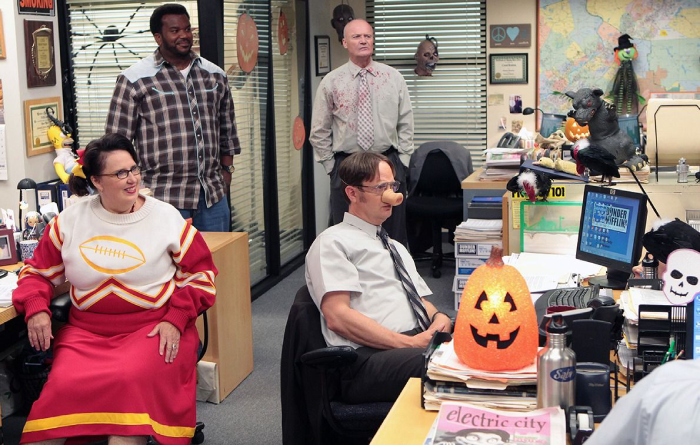
For individuals, a Halloween bank holiday could provide more flexibility in planning and attending celebrations. Families would have more time to prepare for Halloween gift ideas and parties could extend into the late hours without the constraint of an early workday. However, it would also mean navigating the complexities of service availability and potential supply chain disruptions.
- Planning Your Halloween Celebrations Around Bank Holidays
If Halloween were to become a bank holiday, it would require a shift in how individuals plan and celebrate this spooky occasion. One of the main benefits would be the ability to enjoy Halloween without the constraints of work or school commitments. Families and friends could take full advantage of the day by planning elaborate parties and trick-or-treating excursions.
However, the long-term planning aspect should not be underestimated. Is Halloween a bank holiday? This shift could lead to a new wave of Halloween-themed events, potentially expanding the holiday’s reach. People may find themselves exploring unique ways to celebrate, including travel to special Halloween destinations.
- Embracing Halloween’s Spooky Charm on Bank Holidays
Should Halloween become a bank holiday, it would provide a unique opportunity for individuals and businesses to embrace the spooky charm of the holiday. People could organize elaborate haunted houses, ghost tours, and costume contests without the constraint of the workweek.
Businesses might create special Halloween-themed products and services, from themed menu items at restaurants to exclusive Halloween merchandise. The retail industry could see a surge in sales as people prepare for their celebrations.
If the answer for “Is Halloween a bank holiday?” is yes, it would present a blend of potential advantages and challenges. It could reshape how we celebrate, unlocking new levels of creativity and fun for individuals and businesses alike. The enchanting allure of Halloween would take on a new dimension, letting people fully immerse themselves in the spooky spirit of the holiday.
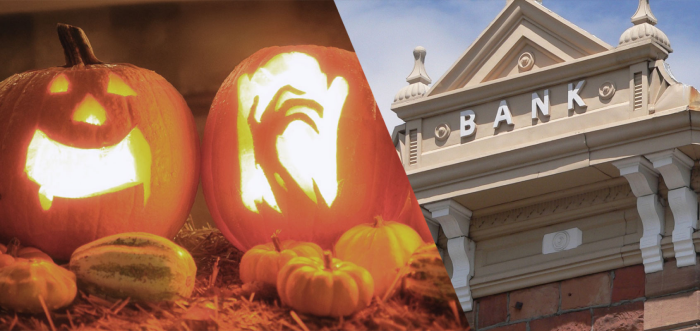
Conclusion
We’ve delved into the question, “Is Halloween a Bank Holiday?” and explored its origins, legal status, and its influence on your festivities. As you ponder whether Halloween might become a bank holiday in the future, consider the unique opportunities and challenges it could bring. Embrace the enchanting spirit of Halloween and continue your exploration of this captivating holiday.


